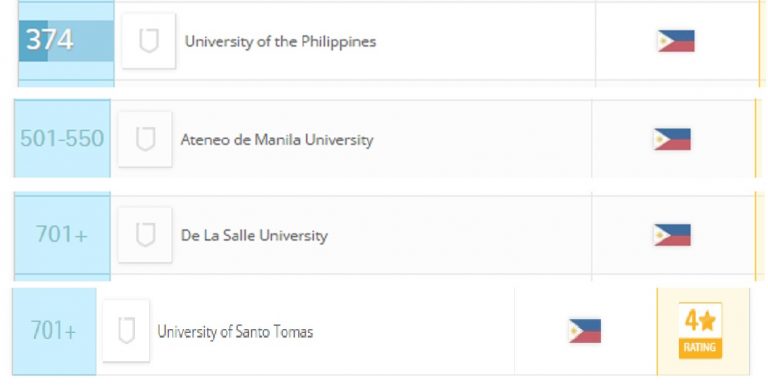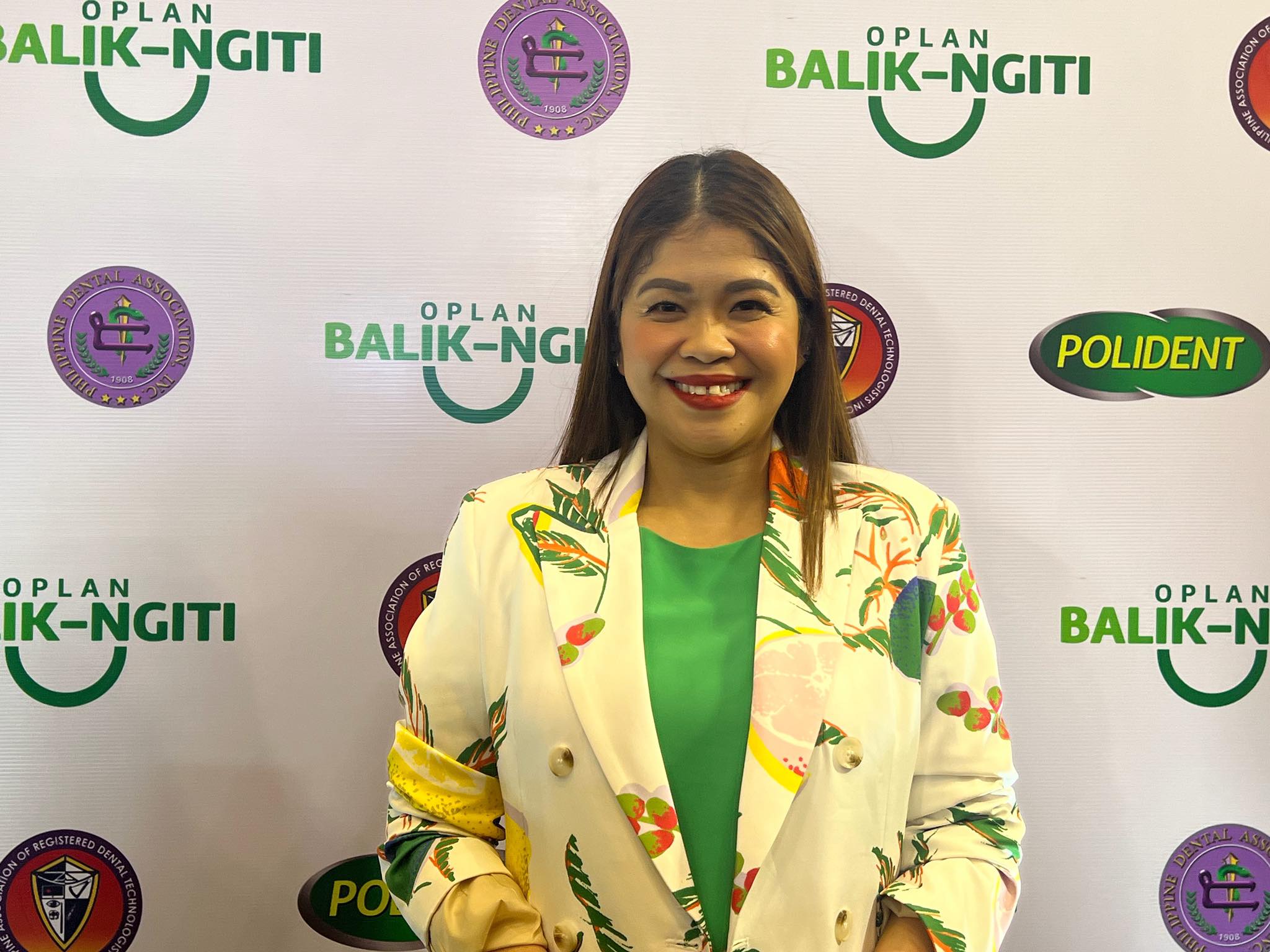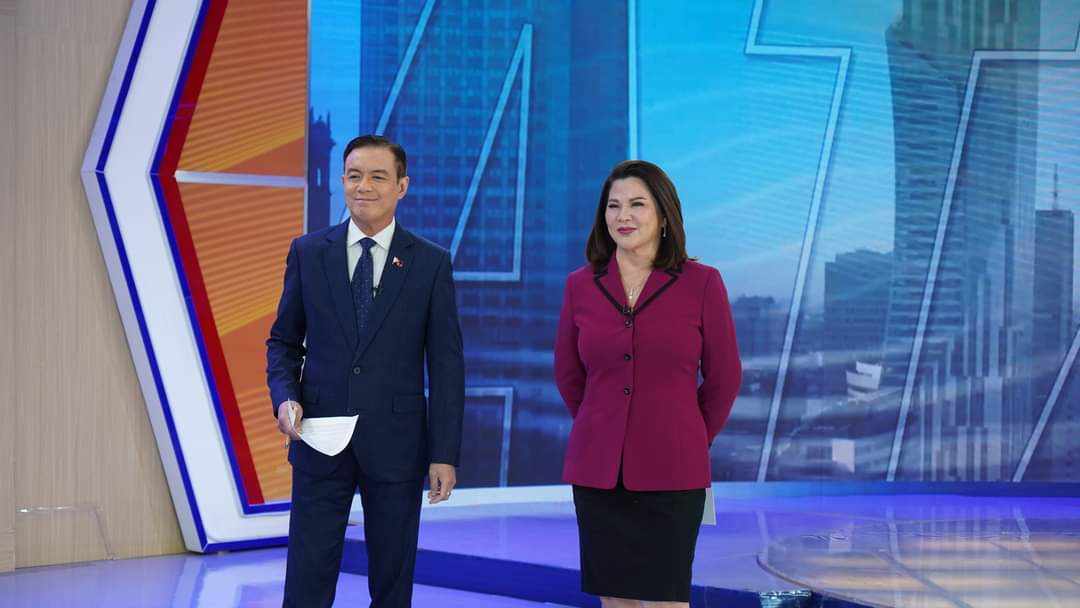ICYMI: ABS-CBN refutes constitutional issues in franchise hearing via President & CEO Carlo Katigbak
ABS-CBN debunked various allegations involving the 50-year franchise limit, citizenship of its chairman emeritus, the issuance of Philippine Deposit Receipts (PDRs), and the supposed unlawful return of the company to the Lopezes at the House of Representatives today (June 1).
ABS-CBN president and CEO Carlo Katigbak emphasized that the 50-year franchise limitation pertains to a single franchise only, referring to Article 12, Section 11 in the Constitution that says that no franchise shall be granted except to citizens of the Philippines nor shall such franchise be for a longer period than 50 years.
“Malinaw po ang kahulugan nito. Na bawat prangkisang ibinibigay ng Kongreso ay hindi pwedeng lumampas ng 50 years. Pero wala naman pong sinasabi na ang buhay ng isang kumpanya ay may limitasyon na 50 years. Pwede naman pong bigyan ng panibagong prangkisa. (It is clearly stated that every franchise granted by Congress cannot exceed 50 years. But nothing in the provision states that a life span of a company is limited to 50 years. Its franchise can get renewed.),” he said at the second day of the Congress hearing on the network’s franchise renewal.
He also refuted the alleged ownership of ABS-CBN by a non-Filipino, confirming that its chairman emeritus Eugenio “Gabby” Lopez III is a Filipino citizen by birth and has the right to own a media company in the Philippines.
“Si Mr. Lopez po ay ipinanganak noong 1952 kaya sakop po siya ng 1935 Constitution. Ang tatay at nanay niya ay parehong Pilipino. Kaya from birth, automatic na siya ay isang Pilipino din (Mr. Lopez was born in 1952 and was covered by the 1935 Constitution. His father and mother are both Filipino. So he is automatically a Filipino from birth.),” he pointed out.
Katigbak further clarified another ownership issue, affirming that the Lopezes never lost ownership of ABS-CBN, even during Martial Law when the government shut it down.
“Ang pagbabalik ng ABS-CBN sa pamilyang Lopez ay ayon sa batas, at may basbas ng tatlong ahensya ng goberyno: ang PCGG, ang Office of the President, at ang Korte Suprema (The return of ABS-CBN to the Lopez family was legal and was approved by the government agencies: the PCGG, the Office of the President, and the Supreme Court.),” he disclosed.
“Ang PCGG mismo ang umaksyon na ibalik sa mga may-ari ang Channel 2 noong June 1986. Noong January 1987, nagkaroon ng agreement ang gobyerno at ABS-CBN na isaayos ang pagbalik ng mga iba pang facilities ng ABS-CBN na patuloy pang ginagamit ng goberyno. Itong agreement ay may basbas ng Korte Suprema noong 1989 (First of all, the PCGG decided to return Channel 2 to the owners in June 1986. In January 1987, there was an agreement between the government and ABS-CBN on the orderly return of ABS-CBN facilities that the government was still using. The Supreme Court affirmed the agreement in 1989.),” he narrated.
He also said that based on the agreement, PTV 4 returned ABS-CBN’s other facilities in 1992, six years after the EDSA Revolution happened.
Another issue Katigbak addressed is the alleged unconstitutional issuance of PDRs to foreigners. “Ang PDR po ay hindi katumbas ng pag-aari sa ABS-CBN (A PDR is not equivalent to a share in ABS-CBN.),” he stated, citing that PDR holders do not have voting rights.
He likewise reiterated that the Securities and Exchange Commission approved the PDRs.
He explained, “Ang pag-benta po ng PDR sa publiko ay inaprubahan ng SEC noong October 4, 1999. Paano ito magiging labag sa batas kung ang ahensya mismo ng gobyerno ang nagbigay ng permit para ibenta ang mga PDR na ito (The public offering of PDR was approved by the SEC last October 4, 1999. How could it have violated the law when the government agency gave the permit to offer the PDR to the public?)?”
He added that these were the same instruments used by another media company but it did not become an issue in their franchise renewal.
The House of Representatives’ started its deliberations on ABS-CBN’s application for a 25-year franchise after it withdrew House Bill No. 6732, which would grant ABS-CBN a provisional franchise to operate until October 31.
ABS-CBN stopped its broadcast operations on May 5 to comply with the cease and desist order issued by the National Telecommunications Commission (NTC), which earlier stated it would give ABS-CBN a provisional authority to operate following Senate Resolution No. 40, a letter from the House of Representatives’ committee on legislative franchises, and the Department of Justice’s advice.
FULL TRANSCRIPT of CLK’s statement
The honorable Chairman of the House Committee on Legislative Franchises Congressman Franz Alvarez, the honorable Chairman of the House Committee on Good Government Congressman Jose Antonio Sy-Alvarado, the honorable Speaker of the House Alan Peter Cayetano, the honorable Majority Floor Leader Martin Romualdez, the honorable members of this committee, the honorable members of the House present at the plenary and on Zoom, good morning.
Sa agenda po ng kumite, apat na bagay po ang tatalakayin namin ngayong araw.
Unang-una, sinabi po noong isang linggo:
“DI NA PO DAPAT BUHAYING MULI NG KONGRESO ANG PRANGKISA NG ABS-CBN SAPAGKAT AYON PO SA ATING SALIGANG BATAS, ANG BUHAY NG PRANGKISA AY DI DAPAT LUMAGPAS NG 50 TAON.”
Ang nakasulat po sa Saligang Batas Article 12, Section 11 ay: “No franchise… shall be granted except to citizens of the Philippines…nor shall such franchise…be … for a longer period than fifty years.” Malinaw po ang kahulugan nito. Na bawat prangkisang ibinibigay ng Kongreso ay hindi pwedeng lumampas ng 50 years. Pero wala naman pong sinasabi na ang buhay ng isang kumpanya ay may limitasyon na 50 years. Pwede naman pong bigyan ng panibagong prangkisa.
Ang patunay po nito ay ang mga kumpanyang nabigyan ng prangkisa ng Kongreso. Makikita po ninyo sa listahang ito ang mga halimbawa ng mga kumpanyang nag-ooperate ng lampas fifty years pero nabigyan pa rin ng panibagong prangkisa.
Ang sinasabi sa Saligang Batas ay ang isang prangkisa ay hindi maaring tumagal ng lampas 50 years. Pero hindi po nito sinasabi na pag-abot mo ng fifty years ng serbisyo, hindi ka na pwedeng magpatuloy ng serbisyo. Ang sinasabi lang po ay kapag nag-expire ang iyong prangkisa, kailangan kumuha ulit ng panibagong prangkisa. At ang ibibigay na bagong prangkisa ay hindi pwedeng lumampas ng fifty years.
Pangalawa, sinabi din po noong isang Linggo na ang dati naming Chairman na si Eugenio Lopez III o si Gabby Lopez ay Amerikano at naging Pilipino lamang noong 2002.
Nasa 1935 Constitution po, na kapag ang iyong tatay o magulang ay Pilipino, ikaw ay isang Pilipino from birth. Si Mr. Lopez po ay ipinanganak noong 1952 kaya sakop po siya ng 1935 Constitution. Ang tatay at nanay niya ay parehong Pilipino. Kaya from birth, automatic na siya ay isang Pilipino din.
Ang sinabi po ng Department of Justice noong 2001, at babasahin ko nalang po ang mismong dokumento: “granting the request for recognition as a Filipino citizen of Eugenio Lopez III, it appearing from the within records and the additional document submitted that he was born in Boston, USA, the legitimate child of Conchita LaO and Eugenio Lopez Jr., both natural-born Filipino citizens, and may, therefore, be deemed a citizen of the Philippines pursuant to Section 1, Article 4 of the 1935 Constitution.”
Malinaw po na ang reference nito ay Section 1, Article 4 ng 1935 Constitution na nagsasabi na: the following are citizens of the Philippines—those whose fathers are citizens of the Philippines.
Totoo po na may US passport si Mr. Lopez. Ito ay dahil ipinanganak siya sa Amerika at sa batas ng Amerika, kahit hindi Amerikano ang magulang mo, kapag ipinanganak ka sa US, automatic po na may hawak ka rin na American citizenship. Pero ang pagiging American citizen niya, at ang paghawak niya ng US passport, ay hindi nangangahulugan na hindi rin siya isang Pilipino.
Pangatlo, sinabi po: ABS-CBN LETS NON-FILIPINOS OWN ITS COMMON SHARES THROUGH THE ISSUANCE OF PHILIPPINE DEPOSITARY RECEIPTS OR PDRs.
Unang una po, sa simpleng lenggwahe lang, ang PDR ay hindi isang share or pag mamay-ari sa ABS-CBN. Malinaw po ito kasi ang humahawak ng PDR ay hindi nakakaboto sa kahit anumang bagay sa pamamalakad ng ABS-CBN. Paano ka magiging isang may-ari kung hindi ka pwedeng bumoto sa anumang bagay na may kinalaman sa pagpapatakbo ng kumpanya?
Pangalawa, ang pagbenta po ng PDR sa publiko ay inaprubahan ng SEC noong October 4, 1999. Paano ito magiging labag sa batas kung ang ahensya mismo ng gobyerno ang nagbigay ng permit para ibenta ang mga PDR na ito?
At pangatlo po, idinidiin ang ABS-CBN dahil sa mga PDR na ito—pero ang katotohanan ay hindi lang kami ang nagbenta ng mga PDR. May ibang media company din na nagbenta ng PDR—tulad ng GMA—at hindi naman ito naging isyu sa pagbigay ng prangkisa nila.
Ang pang-apat na isyu. Sinabi po:
BAKIT TILA URA-URADA AT HABANG MAGULO PA ANG LAHAT DAHIL KATATAPOS LANG NG EDSA REVOLUTION AY BIGLANG NAPASAKAMAY NANG MULI SA MGA LOPEZ ANG ABS-CBN. NAKABATAY PO BA ITO SA BATAS?
Ito siguro ang pinakamasakit na paratang dahil nga ang ABS-CBN ay sinara ng gobyerno noong 1972 pagkatapos madeklara ang Martial Law. Hindi po binenta ng Lopez family ang ABS-CBN. Basta ginamit nalang ng iba ang mga facilities ng ABS-CBN na walang binayaran. Kaya hindi po totoo ang paratang na bigla nalang napasakamay muli sa mga Lopez ang ABS-CBN dahil sila naman ang tunay na may-ari nito.
Sinabi po na ang pagbalik ng ABS-CBN ay hindi ayon sa batas. Pero unang-una, ang PCGG mismo ang umaksyon na ibalik sa mga may-ari ang Channel 2 noong June 1986. Sa January 1987, nagkaroon ng agreement ang gobyerno at ABS-CBN na isaayos ang pagbalik ng iba pang facilities ng ABS-CBN na patuloy pang ginagamit ng gobyerno. Itong agreement ay may basbas ng Korte Suprema noong 1989. Base sa agreement na iyon, ibinalik ng PTV 4 ang iba pang facilities ng ABS-CBN sa 1992. Ito ay anim na taon pagkatapos nangyari ang EDSA revolution.
Ang mga ahensya ng goberyno na humawak sa kasong ito ay ang PCGG, ang Office of the President, at ang Korte Suprema. Kaya hindi po totoo na hindi nakabatay sa batas ang pagbalik ng ABS-CBN sa pamilyang Lopez.
Your honors, nakadetalye po sa mga dokumentong isinumite namin sa Committee ang lahat ng sinabi ko. Nandito po ang mga abogado namin para sumagot sa anumang katanungan ninyo.
Uulitin ko po:
- Ang isang prangkisa ay hindi maaring lumampas ng 50 years, pero walang limitasyon ang pagbibigay serbisyo ng isang kumpanya, basta ma-renew ang prangkisa nito. Ito po ay nasa Saligang Batas, at pinatunayan ng mga aksyon ng Kongreso.
- Si Gabby Lopez po ay isang Pilipino dahil ang ama niya ay Pilipino. Ito po ay nakasaad sa Saligang Batas ng 1935.
- Ang PDR po ay hindi katumbas ng pag-aari sa ABS-CBN. Ito po ay aprubado ng SEC, at ito po ay ginagawa rin ng ibang media company na nabigyan ng prangkisa.
- Ang pagbabalik ng ABS-CBN sa pamilyang Lopez ay ayon sa batas, at may basbas ng tatlong ahensya ng gobyerno: ang PCGG, ang Office of the President, at ang Korte Suprema.
Iyan po ang aming katotohanan.
May nagsabi po kanina that ABS-CBN deceived many when we said we are “in the service of the Filipino.” I believe there are many voices who will speak out and assert that our service to them has been genuine and real. Sana ang taong-bayan na lang po ang magsasabi kung ang serbisyo namin ay naging tunay at makahulugan sa kanila.
Maraming salamat po.












